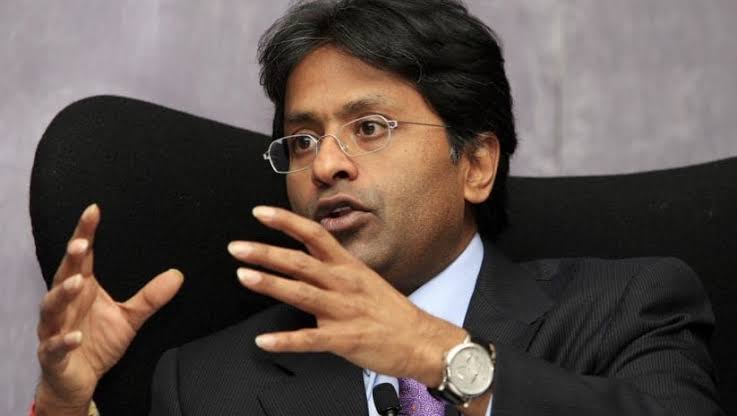Lalit Modi’s Vanuatu Passport Cancelled: A Blow to His Extradition Defense
Vanuatu PM Orders Passport Revocation
In a major setback for former Indian Premier League (IPL) chairman Lalit Modi, Vanuatu Prime Minister Jotham Napat has ordered the immediate cancellation of his passport. The decision comes amid concerns that Modi, who is wanted by Indian authorities for alleged financial crimes, was attempting to use his Vanuatu citizenship to evade extradition.
A statement released by Napat’s office on Monday confirmed that the country’s Citizenship Commission has been directed to revoke the passport granted to Modi. This move is expected to intensify legal proceedings against the former cricket administrator, who has been living in exile since 2010.
Why is Lalit Modi Wanted by Indian Authorities?
Lalit Modi, the architect of the IPL, has been under investigation by multiple Indian agencies, including the Enforcement Directorate (ED), for alleged violations of the Foreign Exchange Management Act (FEMA). He is accused of financial mismanagement, particularly in relation to a Rs 425-crore television rights deal for the 2009 IPL season, signed with World Sports Group.
Modi fled India in 2010 and has been residing in London ever since. Indian authorities have been seeking his extradition for over a decade, but legal and diplomatic hurdles have delayed the process.
Modi’s Attempt to Renounce Indian Citizenship
Just last week, Lalit Modi made headlines by declaring that he intended to surrender his Indian passport. His announcement followed his acquisition of Vanuatu citizenship, which he seemingly planned to use as a shield against extradition efforts by India.
Vanuatu, a Pacific island nation known for its investor-friendly citizenship policies, had granted Modi a passport under its citizenship-by-investment program. However, with mounting international scrutiny, the Vanuatu government has now taken the drastic step of revoking his passport.
Impact of Vanuatu’s Decision on Modi’s Legal Battles
The cancellation of Modi’s Vanuatu passport complicates his legal position. Without a valid Vanuatu passport, his ability to travel freely is severely restricted. Furthermore, it increases the likelihood of his extradition to India, as he may no longer enjoy the protection that Vanuatu’s citizenship previously provided.
Legal experts believe that Modi’s next move would be to challenge Vanuatu’s decision in court. However, the revocation of his passport signals a lack of support from the Vanuatu government, which could further weaken his legal standing.
India’s Next Steps: Will Modi Be Extradited?
With this latest development, Indian authorities may ramp up their efforts to bring Lalit Modi back to the country. The Ministry of External Affairs (MEA) and the ED are expected to leverage diplomatic channels to expedite the extradition process.
Although Modi has consistently denied any wrongdoing, Indian agencies have presented strong evidence to support their claims of financial mismanagement and fraud. Now, with one less passport in his possession, his ability to evade legal proceedings appears to be diminishing.
Final Thoughts: A Turning Point in the Modi Extradition Case?
The revocation of Lalit Modi’s Vanuatu passport is a significant development in his long-standing legal battle. As authorities continue to track his movements and legal options shrink, the possibility of his return to India looms larger than ever.
For now, all eyes are on how Modi responds to this setback and what legal avenues he may explore to maintain his international presence. Meanwhile, India remains steadfast in its pursuit of justice, aiming to bring the former IPL chief to trial.


